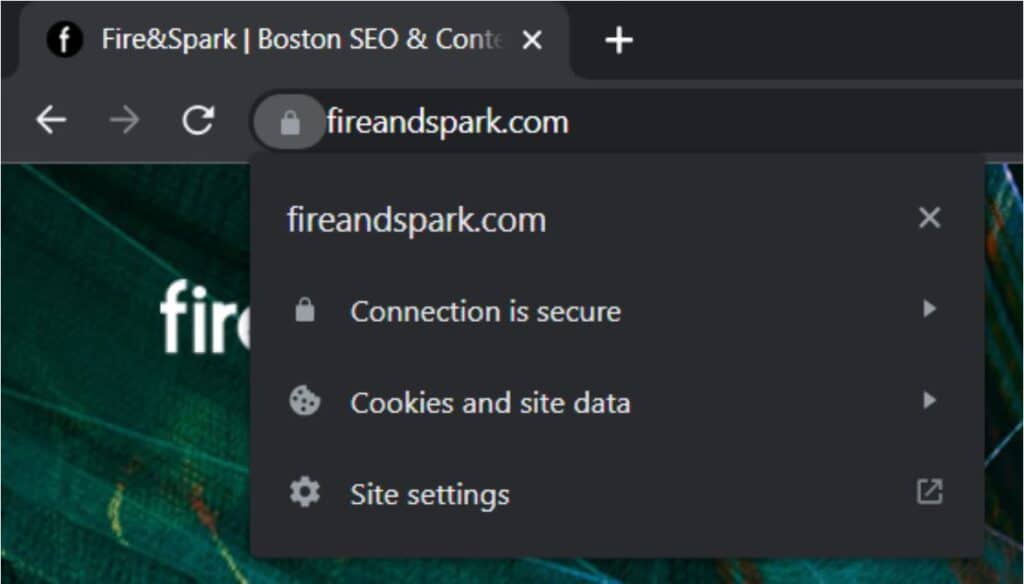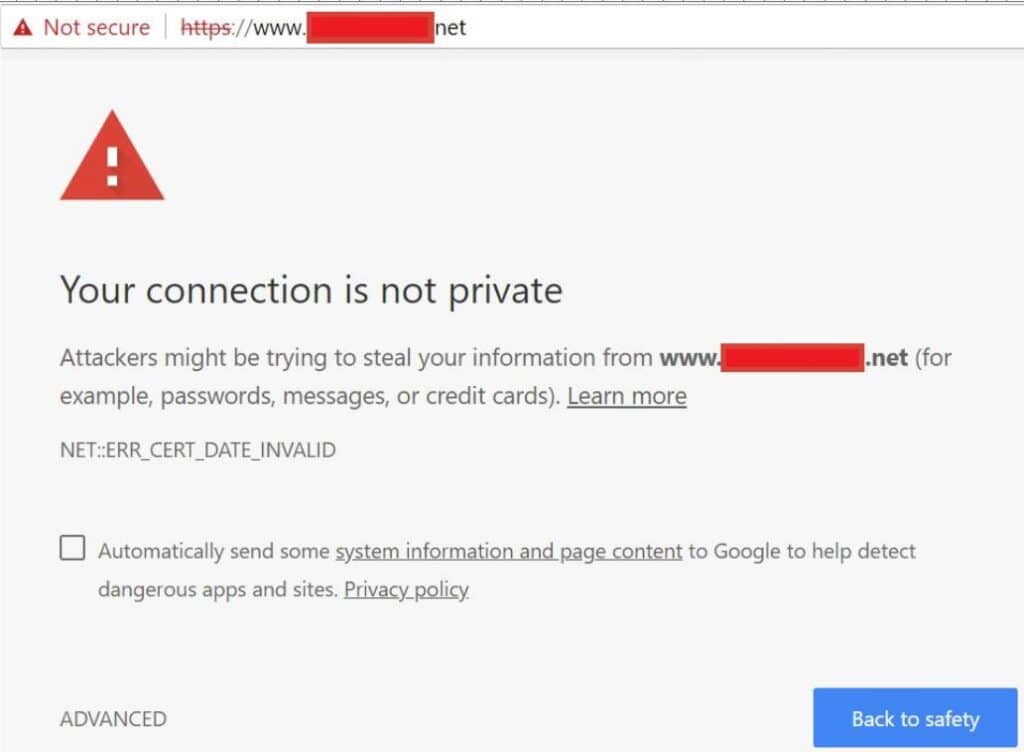Having an SSL (Secure Socket Layer) certificate does affect SEO. An SSL certificate is a sign that your website uses a secure connection to encrypt and protect user data. On a user’s browser, websites covered with an SSL certificate return a HTTPS URL (Hypertext Transfer Protocol Secure).
Such a website will allow users on modern browsers to access the site without any warning. A small padlock will appear in the upper left corner of your browser window. If you click on it, you can see that website’s SSL certificate, as well as your cookies and any collected site data.

If your website doesn’t have an SSL certificate, the user will get a warning your website is not secure. The padlock in the upper left corner will be replaced by a red exclamation point. Some modern browsers will not permit users from accessing HTTP (Hypertext Transfer Protocol – not Secure) URLs, at all.

Google and other search engines will not ban a website from appearing on SERPs because their protocol is not secure, but most modern browsers preventing users from accessing such sites means they will click away from a non-secure website even if it does rank well initially. Search engines will eventually likely remove that website from SERPs due to high bounce rates.
Even if a page does rank, and is accessible to users – the little pop-up telling users your site is not secure will likely increase your bounce rates, either way.
Here’s a resource from Google’s Developer guidelines on why HTTPS matters:
Contact Fire&Spark if you have any other questions or concerns around which initiatives may impact your website’s SEO or UX.